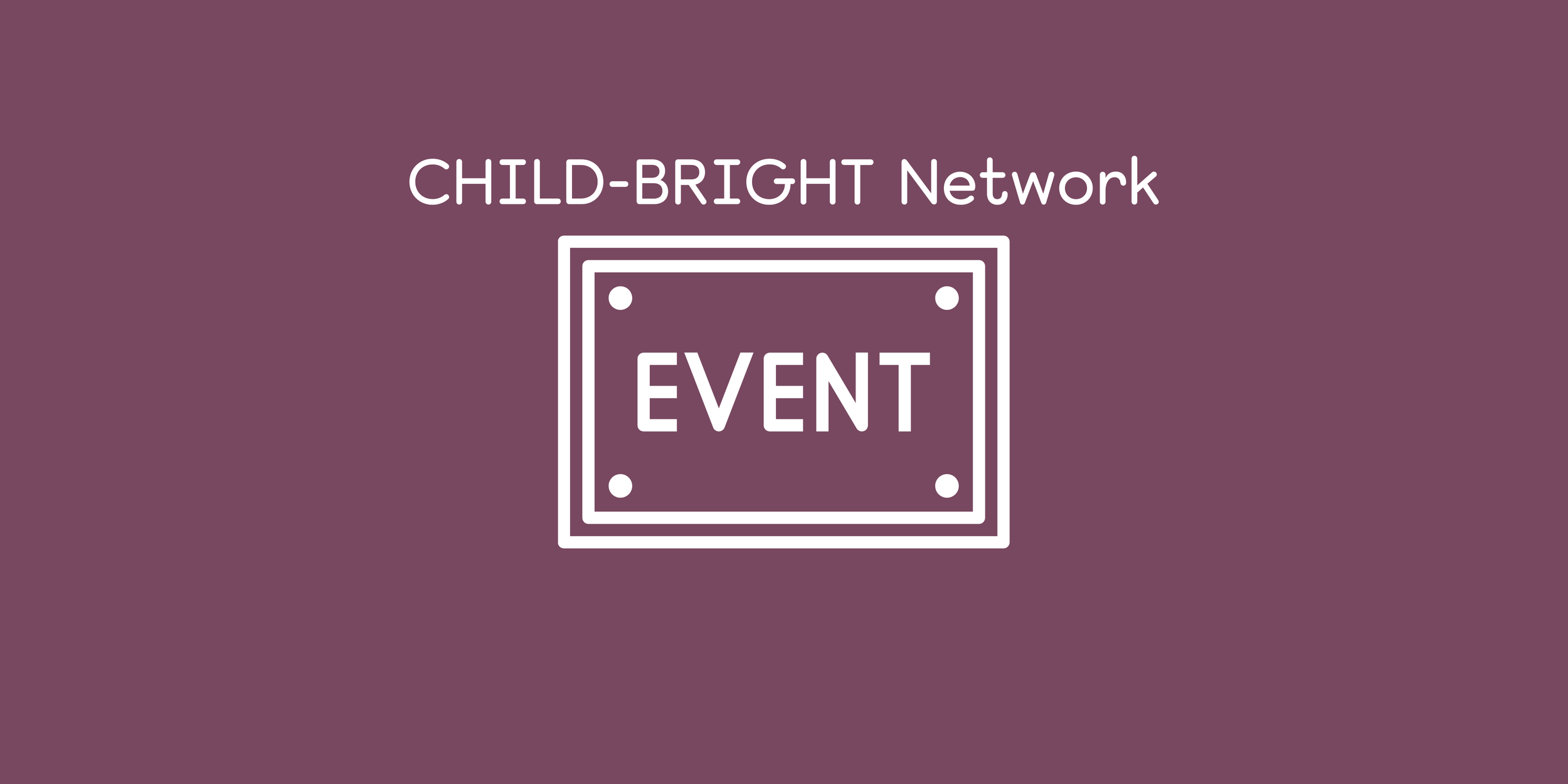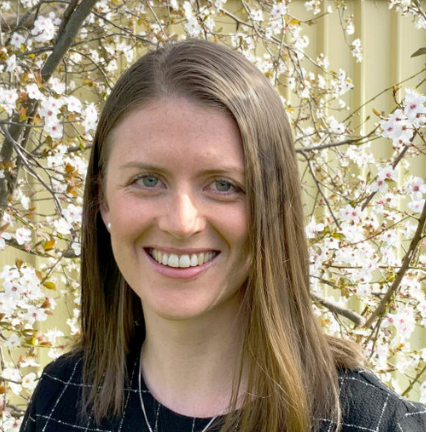Since 2022, CHILD-BRIGHT has been focused on moving evidence into action through implementation science, the study how an intervention will interact with “real-world” settings. Our 12 research project teams are working to better understand how evidence generated in Phase 1 of the network can be applied in routine practice to improve quality and effectiveness of health services for children and youth with brain-based developmental disabilities and their families.
In our 2025 webinar series, Implementing Together, CHILD-BRIGHT’s graduate trainees, postdoctoral fellows, and early career researchers will serve as guides to the implementation science projects and tools that are being used across the network.
Join us as we learn together about how implementation science can be used to support real-world impact as we work to create brighter futures for children and youth with brain-based developmental disabilities and their families.
On April 16, join us for a (re)introduction to implementation science — what it is, why it matters, and what we are learning about this burgeoning field. We’ll explore how implementation science helps bridge the gap between evidence and practice, and share some early findings about how implementation science theories, models, and frameworks are being used across the CHILD-BRIGHT Network to improve outcomes for children and youth with brain-based developmental disabilities and their families.
SPEAKERS
Celia Laur
CHILD-BRIGHT Training & Capacity Building Program Co-Lead
Scientific Lead, Office of Spread and Scale
Women’s College Hospital Institute for Health System Solutions and Virtual Care (WIHV)
Assistant Professor (Status), Institute for Health Policy, Management, and Evaluation; University of Toronto
Simonne Collins
Postdoctoral fellow, STIC Lab
IWK Health, Halifax, Nova Scotia




